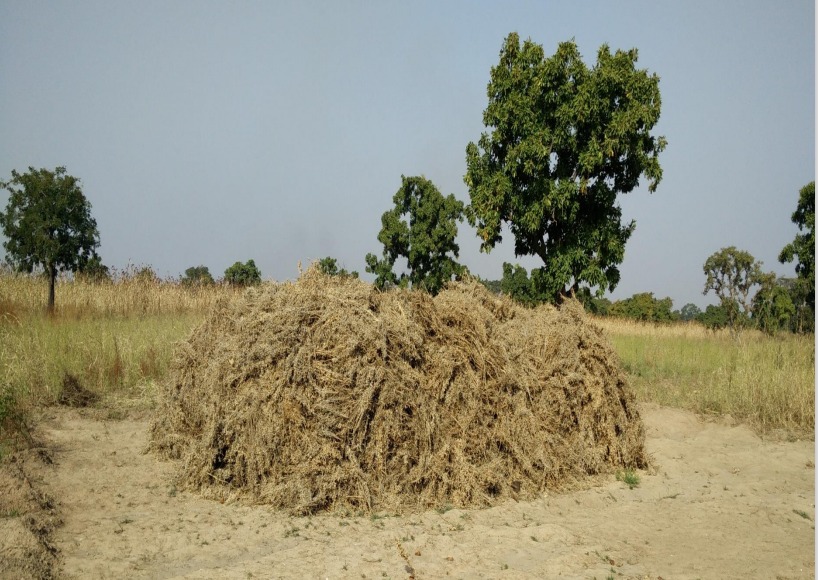Alliance for a Green Revolution in Africa 2016-2017
Mali Baseline Survey
Mali, 2016 - 2017
Get MicrodataIdentification
mli-isser-agra-2016-2017-v1
Alliance for a Green Revolution in Africa 2016-2017
Mali Baseline Survey
AGRA 2016-2017
| Name | Country code |
|---|---|
| Mali | mli |
Agricultural Survey
The Alliance for a Green Revolution in Africa (AGRA) aims to effect market-led agricultural transformation in Africa. In Ghana, its objectives are to increase farmer productivity through access to quality inputs, reduce post-harvest losses through access to post-harvest storage technologies and support farmers through an enabling policy environment. Though agriculture remains the mainstay of most economies in Sub-Saharan Africa (SSA), the sector is faced with structural challenges which undermine the attainment of its optimal potential. The Alliance of Green Revolution in Africa (AGRA) has advanced its operations in recent years, and aims to promote market-led agricultural transformation in the sub-region. In Mali, AGRA's objectives are to close yield gaps with the aim of doubling current yields; and also to increase the volume of crop aggregation and processing in order to boost activities in the agri-food industry and support farmers through an enabling policy environment. In line with these objectives, the Institute of Statistical Social and Economic Research (ISSER) was contracted to conduct a baseline survey of farmer households in three regions in Mali principally noted for crop production to generate baseline data for key indicators broadly relating to households' welfare, farming practices, crop yields, crop losses and other features of the value chain in the cultivation of four major crops, namely maize, sorghum, millet and cowpea.
Focus group and survey data
Households and individuals
Version
Version 1
Scope
The survey collected the following data on households:
Demographic data and data on education and literacy of household members, household Welfare (income, employment), food security, household assets, housing characteristics and access to credit and savings, womens empoyerment, time use, and womens dietary diversity.
Agricultural data collected included:
Agricultural production and input access
Plot characteristics and soil quality
Farm labour
Chemical use
Awareness of hybrid/improved seed varieties and usage
Agricultural mechanisation
Farmer based organisations' (fbos) membership
Awareness and use of extension services and agronomic practices
Crop yields and pre-harvest crop losses
Post-harvest storage, crop sales, processing and market price
Coverage
The study sampled and surveyed 2,977 farmer households from three regions in Mali. 1,056 were sampled from the Koulikoro region, 1,221 from Sikasso region, and 700 from the Segou region.
The data is at the level of District and village.
Producers and sponsors
| Name | Affiliation |
|---|---|
| Institute of Statistical Social and Economic Research | University of Ghana |
Data collection
| Start | End |
|---|---|
| 2016-12-07 | 2017-01-04 |
- Face-to-Face Interviews and Focus Groups
| Name | Affiliation | Abbreviation |
|---|---|---|
| Institute of Statistical Social and Economic Research | University of Ghana | ISSER |
Data Access
| Name | Affiliation | URL | |
|---|---|---|---|
| Ghana ACEIR Hub, ISSER | University of Ghana | www.isser.ug.edu.gh | joanakwawu@gmail.com |
Public access data, available to all
Institute of Statistical Social and Economic Research. Alliance for a Green Revolution in Africa 2016-2017, Mali Baseline Survey [dataset]. Version 1.Accra: ISSER [producer], 2016. Accra: Ghana ACEIR Hub [distributor], 2021.
Metadata production
| Name | Abbreviation | Affiliation | Role |
|---|---|---|---|
| Institute of Statistical Social and Economic Research | ISSER | University of Ghana | Metadata creator |
2021-11-09
Metadata version
1
